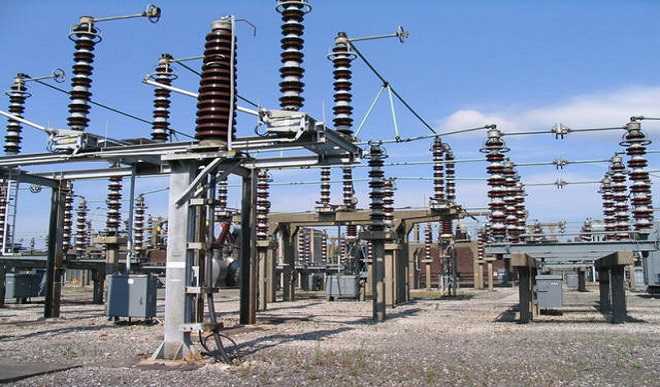Lessons from Manitoba’s exit
As every bereaved family learns the morning after the funeral, it is left alone by sympathisers to nurse itself from grief to normalcy. This is the lot the Nigerian family must accept following the exit of the Manitoba “sympathisers” in its electricity bereavement. In fact, the mission of the “sympathisers” – a team of expatriates […]


As every bereaved family learns the morning after the funeral, it is left alone by sympathisers to nurse itself from grief to normalcy. This is the lot the Nigerian family must accept following the exit of the Manitoba “sympathisers” in its electricity bereavement.
In fact, the mission of the “sympathisers” – a team of expatriates comprising “eight full-time specialists” and “between 35 and 40 short-term experts” from Canada’s Manitoba Hydro international (MHI) – ended with the cessation of the contract the Federal Government of Nigeria awarded MHI to manage the Transmission Company of Nigeria (TCN). The “management contract,” worth 23 million US dollars, ran from 2012 to 2016, producing results that even the Manitoba team would admit was unsatisfactory.
For instance, from the evidence of extant documents, the Manitoba team had projected that under its management, the Nigerian 330 KV transmission grid would be able to wheel 7,200 megawatts by the end of 2014, 10,000 megawatts by the end of 2015, and 12,000 megawatts by the end of 2016 (when its contract expired midyear).
None of the above projections materialised, as Nigeria’s power generation during the Manitoba era hardly exceeded 5,000 megawatts (a figure far below the 2014 projection, let alone the ones for the two subsequent years). And you cannot transmit power beyond your generation output.
Reasons have been adduced for this failure. Prominent among the reasons is “undue inference” with its activities from various sources. But it has to be said that the same excuses could have been given by any other team to justify its failure in similar circumstances, which renders the excuses moot.
Before signing the contract – if it meant to succeed in its execution – a team of 43 to 48 “experts” and “specialists” should have taken such “debilitating” factors into account, like a savvy entrepreneur undertakes feasibility studies of a potential business before investing in it. If the team did not, which seems to be the case with Nigeria and the TCN, where rests its claim to being comprised of “experts” and “specialists”?
In all, it would seem that the country has paid a tuition of 23 million US dollars to learn that the redemption of its power sector – whether in the area of generation, transmission or distribution – cannot come from expatriates, that it would have to look inwards and engage indigenous and patriotic expertise to help it tackle its power challenges and that self-reliance is the key to reliable power.
While I sympathise with the Manitoba team for the challenges it faced, I believe Nigerian experts would have produced better results if given the same amount of support – financially and morally – that their Canadian counterparts received from our government. I can say this because, having been involved in the power sector in various technical and other capacities since 1985, I can recall a period when the sector was better managed than during the Manitoba era, and the managers were not expatriates.
There is a consolation, however, that following the exit of the Manitoba team the management of TCN has returned to some of the best indigenous hands in the power sector.
Ikeogu Oke can be reached @ [email protected]
